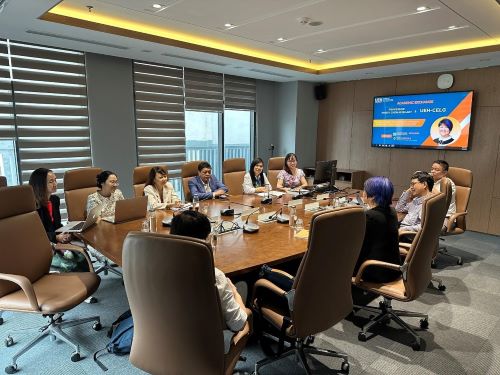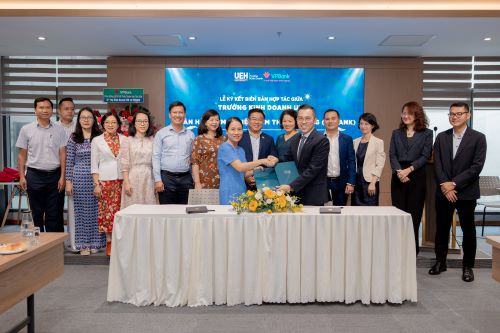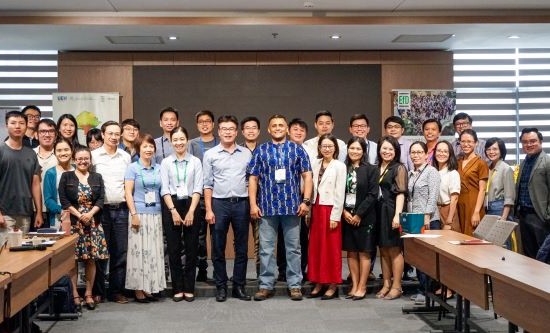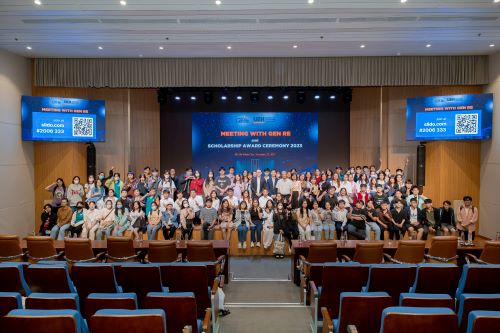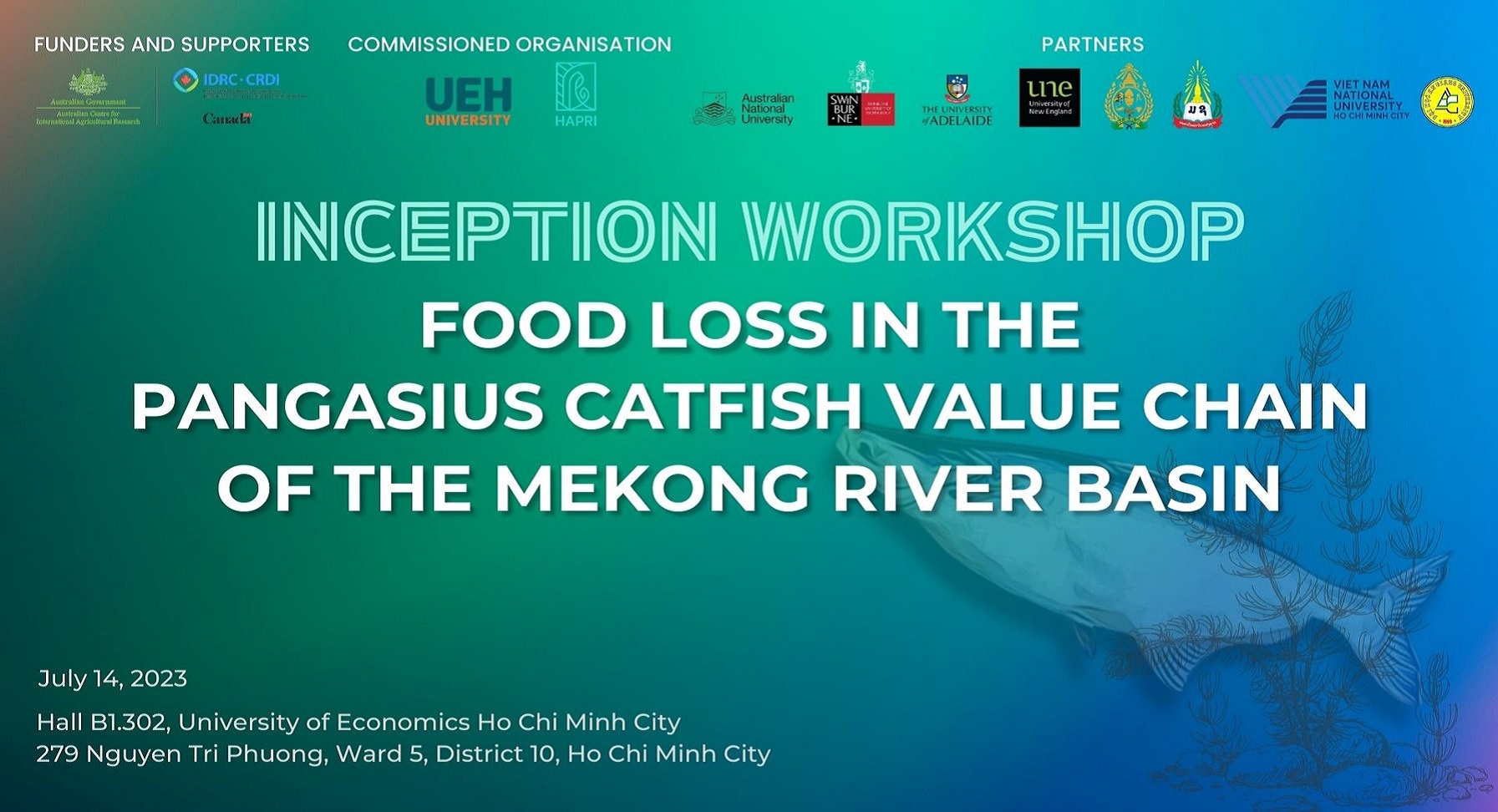
- 14 Jul 2023
- 2023
The international inception workshop of the research project entitled “Food loss in the Pangasius catfish value chain of the Mekong River Basin”
The University of Economics Ho Chi Minh City will organise an international kick-off workshop of the research project titled “Food loss in the Pangasius catfish value chain of the Mekong River Basin” on July 14th 2023. The Ministry of Education and Training; Representatives of the Australian Consulate-General; Representatives of the Australian Centre for International Agricultural Research in Vietnam; Director General of Directorate of Fisheries, Ministry of Agriculture and Rural Development; international organisations, non-governmental organisations; domestic universities and research institutes; pangasius farming and processing-concerned associations in provinces; producion, processing and feeding companies and services provision in the Pangasius industry; pangasius farming cooperatives; and Pangasius food loss interest-based scholars will engage in the inception workshop.
Time: 8.00am, July 14th 2023 (Friday)
Venue: Hall B1.302, 279 Nguyen Tri Phuong, Ward10, Ho Chi Minh City
Project’s information:
The project “Food Loss in the Pangasius catfish value chain of the Mekong River Basin” is funded by the Australian Center for International Agricultural Research (ACIAR) and Canada’s (IRDC) and approved by the Ministry of Education and Training according to the Decision No. 2426/QĐ-BGDĐT issued on August 26th 2022.
Governing body: Ministry of Education and Training;
Project owner: the University of Economics Ho Chi Minh City (UEH)
Commissioned organisation: Health and Agricultural Policy Research Insitute (HAPRI)
Timeframe: 3 years, 01/04/2023 – 30/6/2026
The project’s objective:
The project aims to improve awareness of food loss and waste and facilitate private sector investment in reducing food loss and waste in the Mekong River Basin's catfish (Pangasius) industry. It approaches to escalate smallhoder farmers’ productivity and output parallel to mitigate post-harvest food loss in enhancing competitive food value chain particularly the Pangasius in Vietnam. The research’s concept is also significant to countries which are still limited in food storage facilities, transportation and post-harvest technology. While many studies have been implemented regarding post-harvest loss, few studies have been conducted in developing countries including Vietnam, Laos, and Cambodia.
________
For more information, please contact Ms Le Thi Dieu Phuong – Administration Office (email: [email protected] – 0907225010) and Ms Dang Nguyen Phuong Linh – HAPRI ([email protected] – 0935709155).


